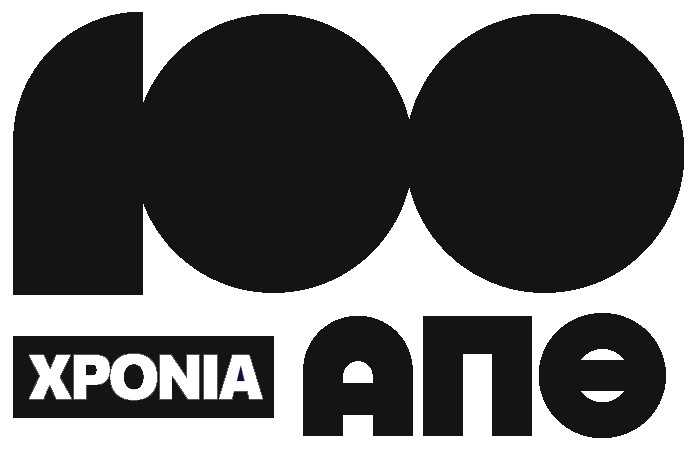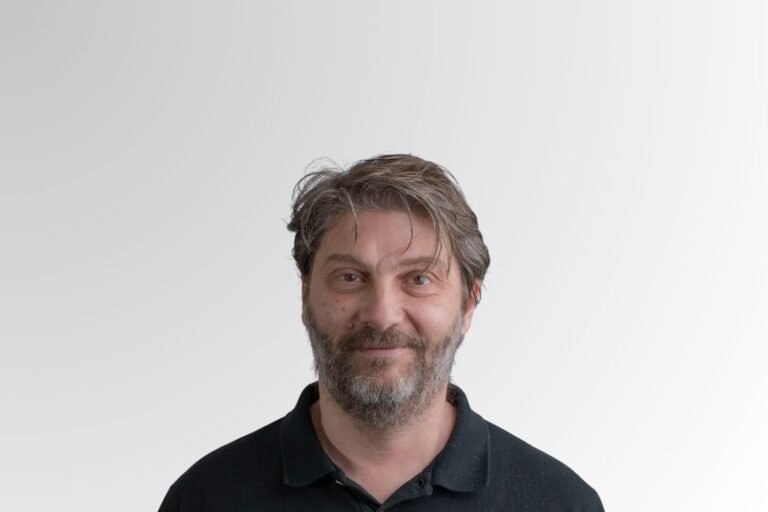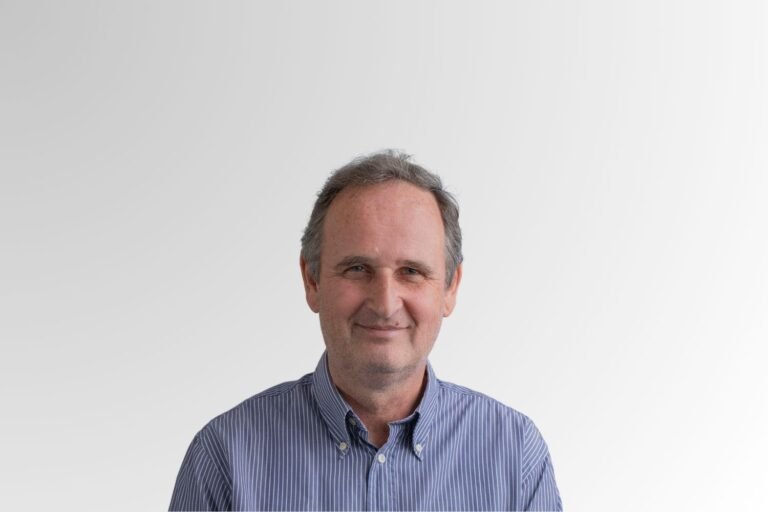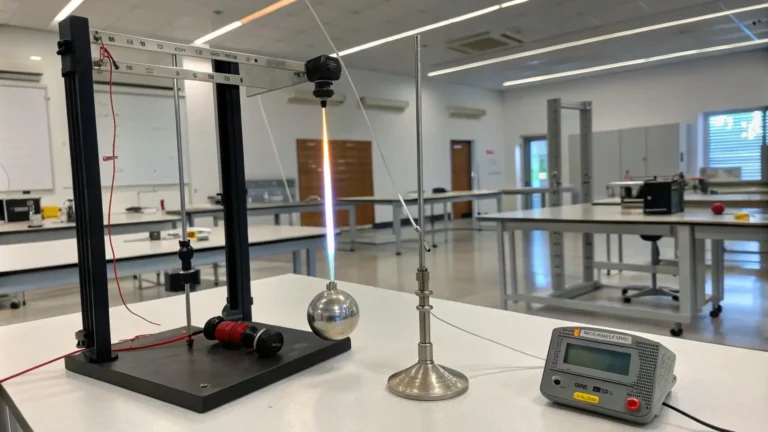Information
The members of the Astrophysics, Astronomy and Mechanics department are accommodated in the Observatory building (Laboratory of Astronomy) and in the Faculty of Sciences building, 4th floor (Study of Mechanics).
The research group in Mechanics is focusing on the following topics: 1. Hamiltonian systems (integrability and non-integrability, stability, resonances, chaotic behavior) 2. Applications in celestial mechanics (main asteroid belt, Kuiper zone, extrasolar planetary systems) 3. Applications in grid dynamics (oscillations and stability) 4. Inverse problem in dynamics and relation of families of orbits το integrability 5. Application of the theory of dynamical systems to the dynamics of biological populations.
The research group is invovled in the study of a) dynamics of galaxies with mass transfer b) chaotic orbits in dynamical models of active galaxies and quasi-stellar objects, and c) secondary resonances and stickiness in barred galaxies, using dynamical spectra.
Research is centered on the study of sources of gravitational radiation as well as other relativistic phenomena in astrophysics. A large part is devoted to the computation of oscillation frequencies of relativistic stars and black holes. The results are expected to be used in the extraction of physical characteristics of gravitational wave sources, after successful detection by the new generation of gravitational wave detectors that are now operating in several countries. In the study of sources of gravitational waves, we also use three-dimensional nonlinear simulations that are carried out on large super-computers. A recent result of this approach is the discovery of a new way to form supermassive black holes.
Observations using synchrotron radiation, X-rays, γ-rays and cosmic rays have confirmed the presence of high-energy charged particles in the universe, with energy much higher than thermal energy. Such particles are called non-thermal and often they carry a large fraction of the energy of the astrophysical system. Our research group is active in this area.
Relativistic Cosmology is one of the most active areas in the theoretical study of the universe. The goal of this research effort is to interpret the structure of the universe that we observe today and to give answers to questions related to its future evolution. The theoretical approach is achieved mainly through the study of cosmological solutions of the theory of general relativity and their perturbations. The research group in relativistic cosmology of the Aristotle University of Thessaloniki is actively participating in this effort.
The group is doing research regarding the formation and evolution of the solar system. The formation is studied via N-body simulations, using the special-purpose supercomputing card GRAPE-6/Pro. The study regarding the evolution of the solar system focuses on the methods for describing the chaotic orbits of asteroids.













